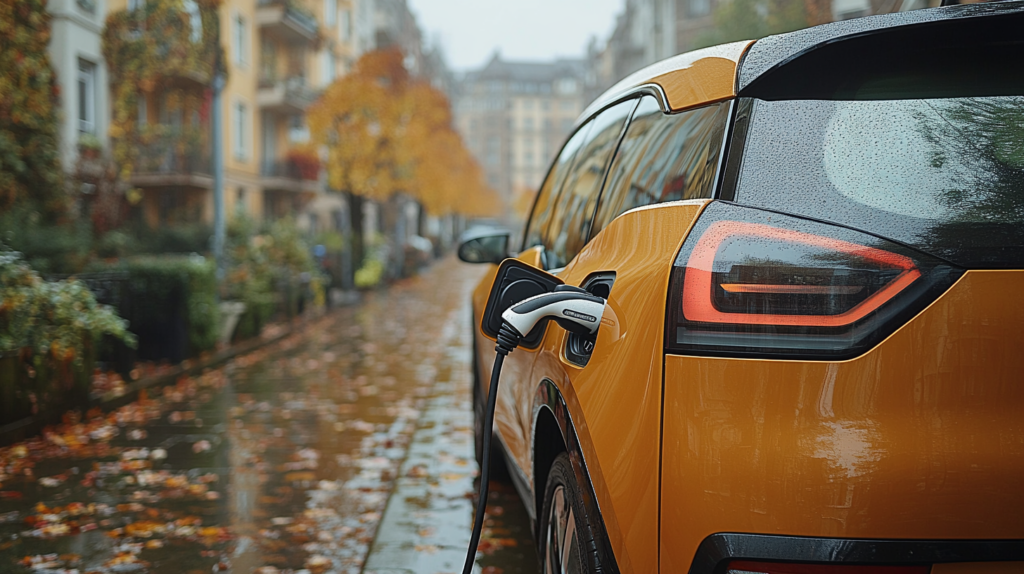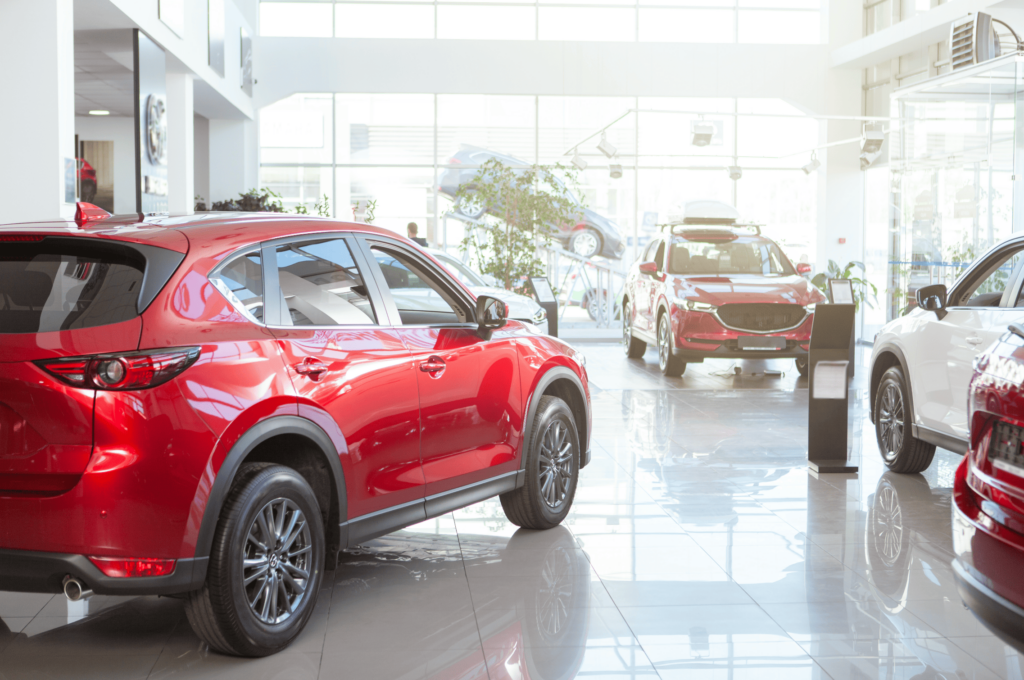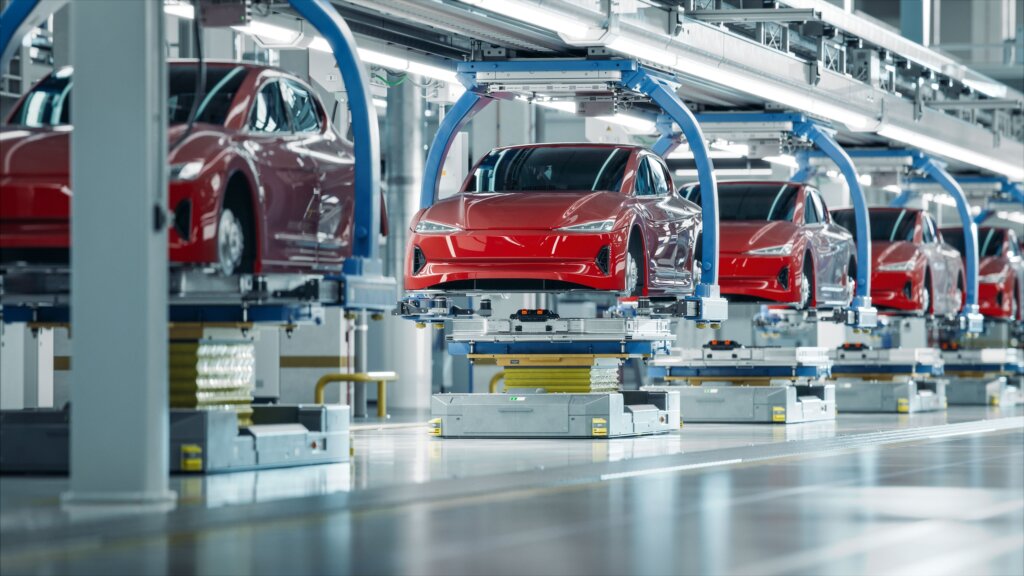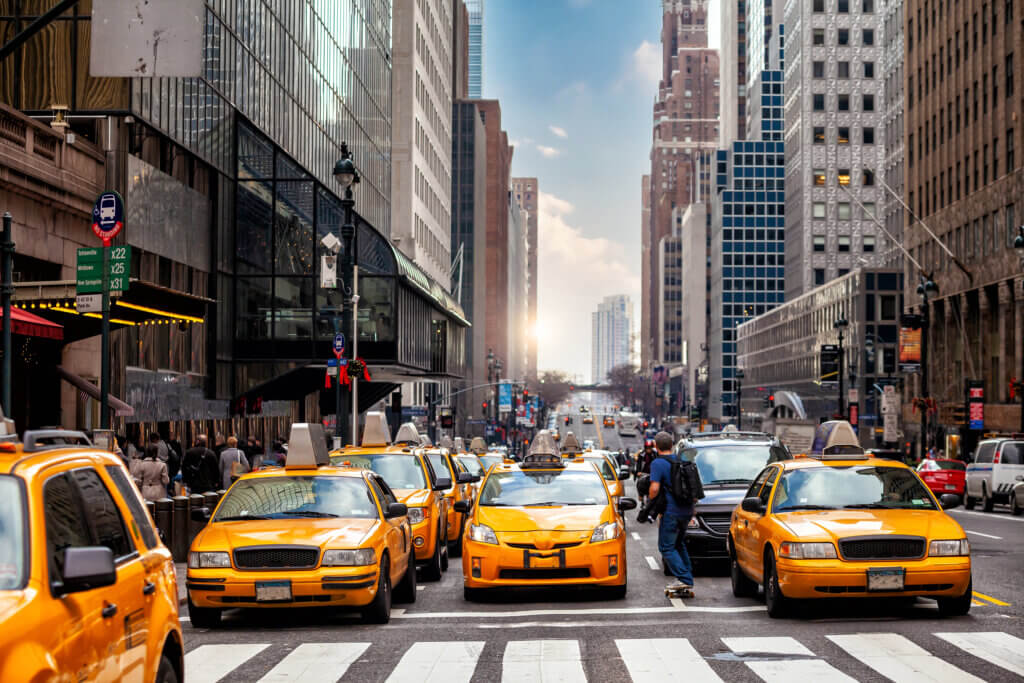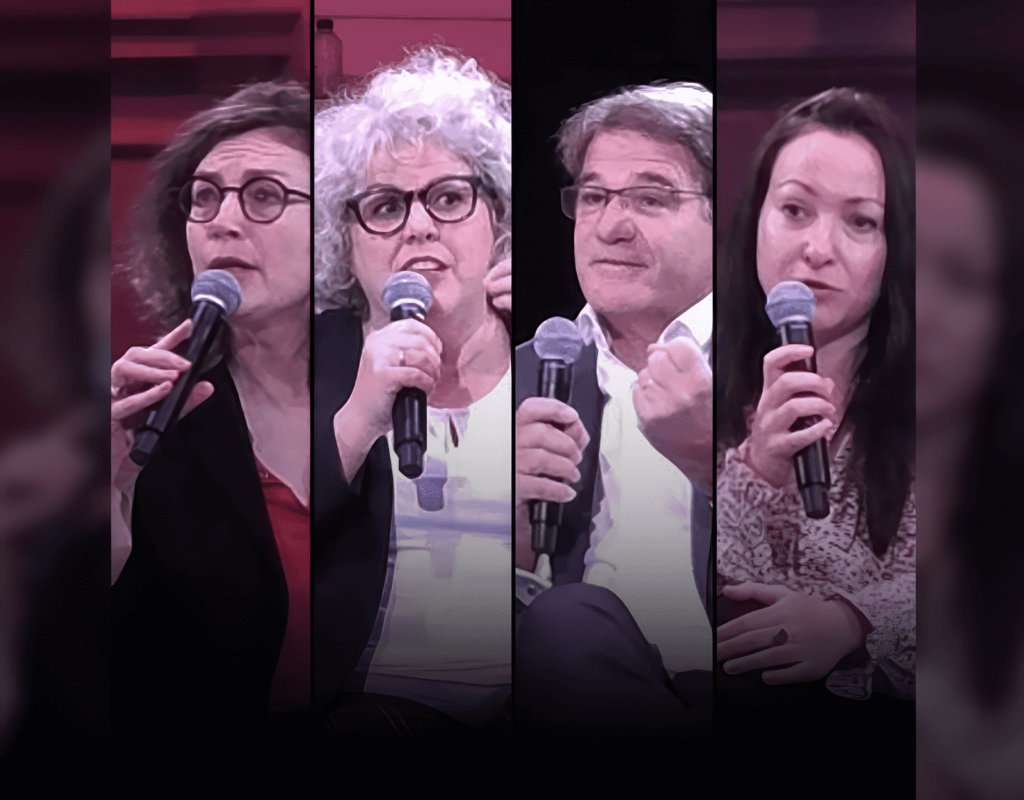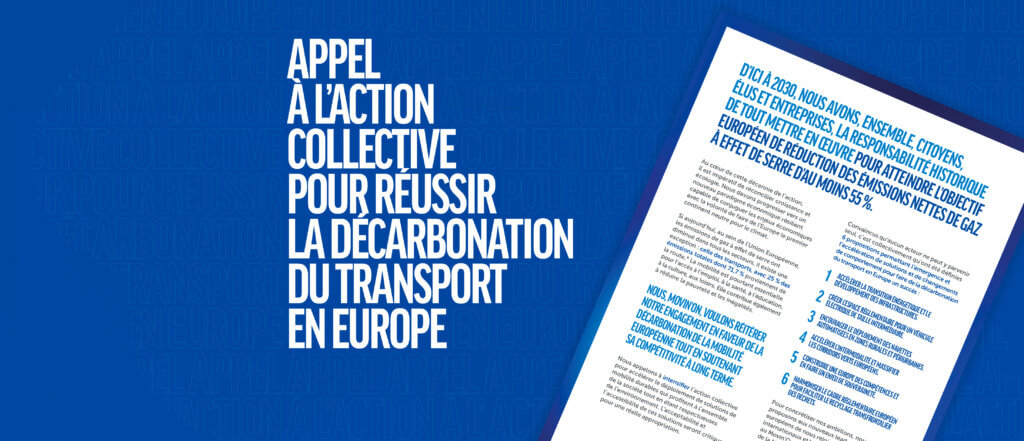ASEAN Countries Shape Regional Electric Vehicle Ecosystem
Jointly developing “a robust electric vehicle ecosystem” is a primary goal of the Association of Southeast Asian Nations (ASEAN), a trade bloc of 10 member states that met this week with three other Asian countries – China, Japan, and South Korea – to accomplish that goal.
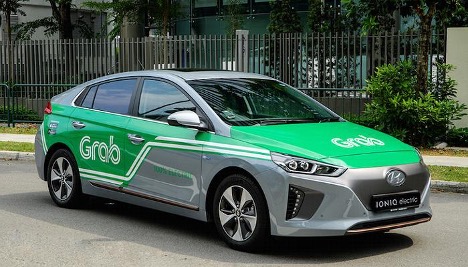
Jointly developing “a robust electric vehicle ecosystem” is a primary goal of the Association of Southeast Asian Nations (ASEAN). A trade bloc of 10 member states that met this week with three other Asian countries – China, Japan, and South Korea – in the 26th ASEAN Plus Three conference.
Nine of the 10 ASEAN member states: Brunei Darussalam, Cambodia, Indonesia, Laos, Malaysia, the Philippines, Singapore, Thailand, and Viet Nam, met from September 4-7 in Jakarta, Indonesia with the electric vehicle ecosystem plan high on their agenda. Myanmar did not attend.
Leaders from the 12 ASEAN Plus Three countries met September 6, 2023 in Jakarta, Indonesia in concert with the ASEAN Summit, which is held twice each year. This year the summits were held under the chairmanship of Indonesia.
The ASEAN Plus Three countries pledged in Jakarta to promote the development of electric vehicles. Which they said constitute “one of the important pathways of ASEAN Plus Three countries in reducing greenhouse gas emissions, accelerating just energy transition, and achieving net zero emissions/carbon neutrality,” while improving energy security in each of their countries.
They promised to “encourage the harmonization of regional regulation and measures to improve cooperation on standards of the electric vehicle ecosystem to strengthen the value chain for the electric vehicle industry, promote trade facilitation, and to ensure interoperability and seamless cross-border mobility …”
Regional EV Ecosystem to Meet International Standards
The ASEAN Plus Three leaders agreed to base their EV training and certification on international standards. They specified that the standards would apply to: vehicle performance testing assessment, technology, safety, fire risk protection, product specifications, infrastructure, charging stations, battery swapping, end-of-life disposal recycling, and upcycling or disposal of electric vehicle batteries and components.
They agreed to support ASEAN in its aim “to play an important role in the global production of electric vehicles” including the batteries to support a robust electric vehicle ecosystem.
Indonesia’s Minister of Foreign Affairs Retno LP Marsudi said the ASEAN Plus Three Leaders’ Statement on Developing Electric Vehicle Ecosystem was the realization of their less formal agreement to work together on a regional EV ecosystem during the ASEAN Summit in Labuan Bajo in May.
“THIS PRACTICAL STEP IS THE TRANSLATION OR IMPLEMENTATION THAT ALIGNS WITH THE AGREEMENT AMONG ASEAN LEADERS, WHICH GAINED SUPPORT FROM THE PLUS THREE COUNTRIES.”
– Retno LP Marsudi, Minister of Foreign Affairs, Indonesia
The ASEAN Plus Three leaders agreed to promote trade liberalization and facilitation, investment opportunities in industrial and supply chain development of electric vehicles, as well as partnerships, and engagement with the private sector.
They pledged “cooperation in cutting edge areas such as information technology (IT), intelligent transport systems (ITS), and mobility technology innovation.”
The leaders agreed to encourage technology transfer in collaboration with international electric vehicle and battery manufacturers. They will also promote the use of renewable energy in the mobility sector, to improve infrastructures and charging stations.
They promised to properly manage environmental impacts “especially those related to end-of-life management of EVs as well as extraction of minerals and metals used in EV batteries.”
And finally, the ASEAN Plus Three leaders pledged to raise public awareness of the benefits and challenges of such a regional electric vehicle ecosystem.
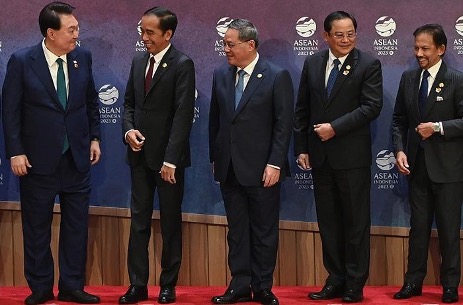
EV Ecosystem Motivated By Climate Change
The EV ecosystem plans are based on “our commitments to the United Nations Framework Convention on Climate Change and the Paris Agreement to pursue low-carbon and climate resilient development,” the ASEAN Plus Three leaders said in their statement.
Simultaneously, they recognized “the importance of the transition to low-carbon and zero emission, including reducing emissions in power sectors, to support just energy transition and sustainable transportation agenda depending on the circumstances of each country,” the ASEAN Plus Three leaders stated.
They emphasized “the growing importance of critical minerals in the transition to clean energy and the need to create reliable supply chains to prevent economic and security risks caused by vulnerable supply chains of critical minerals. We encourage to create open and transparent system,” the ASEAN Plus Three leaders said.
The statement included the representative of China, which now controls 40 percent of the world’s cobalt mining, and the majority of global lithium mining.
China’s Premier Li Qiang called on Wednesday for building a closer China-ASEAN community with a shared future. He emphasized the need to promote cooperation in emerging industries, such as new energy vehicles, China’s term for electric vehicles.
The ASEAN countries also held individual meetings with leaders from Canada and the United States.
In Jakarta for the 11th ASEAN-United States Summit, Vice President Kamala Harris met September 6 with Indonesian President Joko Widodo.
They discussed opportunities to expand economic cooperation, including through implementation of the US$20 billion Just Energy Transition Partnership, which will mobilize historic levels of public and private financing to support Indonesia’s energy transition and climate-aligned economic growth.
In June, the U.S. Department of Transportation co-chaired a U.S.-ASEAN Senior Officials Dialogue on Transportation in preparation for a U.S.-ASEAN transportation ministerial, with a goal of deepening U.S.-ASEAN cooperation on transportation infrastructure and the development of a regional EV ecosystem.
Through the U.S.-ASEAN Transportation Partnership, the U.S. Department of Transportation has launched new air, land, and maritime transportation programs that promote safety, sustainable and resilient infrastructure, regional connectivity, and emerging transport technologies.
The U.S.-ASEAN Smart Cities Partnership advances urban innovation, water management, food and energy security, green transportation, and the provision of critical urban services.
In Jakarta, the United States is hosting a Symposium on Science, Technology, and Circular Innovation in Southeast Asia, convening 300 representatives of regional governments, private sector stakeholders, and university partners to advance urban sustainability, investment in the circular economy, and green business development.
The ASEAN-Canada meeting in Jakarta this week produced a mention of “decarbonization of the transportation sector” as well as a mention of “climate change mitigation and adaptation,” but Canada is more focused on working with ASEAN countries on “health security; sustainable management of water and natural resources; food security; sustainable agriculture, fisheries, forestry, and land management.”
Later this week ASEAN leaders will hold an East Asia summit, a wider forum that includes China, India, Japan, Russia and the United States.
Toute l’actualité de Movin’On
dans votre boîte mail
Auteur
Partager
Tweets de @movinonconnect
Movin'On 2035 TODAY EP02 - Circular Economy & Competitivity
Movin’On 2035 TODAY EP01 – Fair Mobility for All https://x.com/i/broadcasts/1yNxagBrWZbGj
✨ THAT'S A WRAP!
Movin'On Summit 2024 has just concluded in Brussels!
More than 350 leaders and experts in sustainable mobility gathered to exchange ideas, collaborate, and share their vision for desirable and decarbonised mobility in Europe. Together, we explored ways to build…
🔴 Live from #MovinOnSummit2024
@AshaSumputh has just invited Denis Machuel, CEO at @AdeccoGroup and Florent Menegaux, President of the @Michelin Group & President of Movin'On
L’actualité de la mobilité durable
Découvrez les dernières tendances, des analyses thématiques et nos prochains rendez-vous

